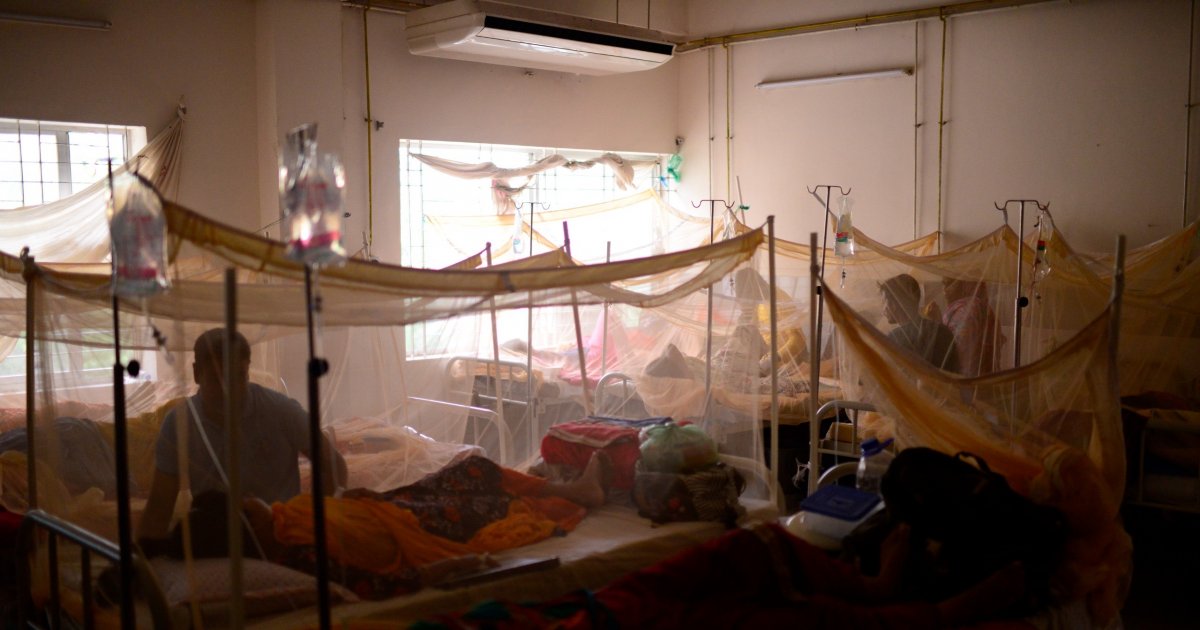With over 20,000 hospitalizations and 75 deaths recorded as of October 28, October has officially become the deadliest month this year for dengue’s devastation. This is concerning proof that not only does dengue continue to persist — it is escalating.
Dengue cases continue to surge month after month since May, with no sign of abating. Thus, treating dengue at this stage as anything less than a yearly public health emergency is akin to being irresponsible.
Experts attribute this increase to a whole host of factors — erratic rainfall, stagnant water, and a breakdown in local governance and mosquito control. Whatever the reasons may be, lives continue to be lost at an increasing rate due to this disease, year after year, with very little in the way of solutions being offered.
Arguably, the biggest issue is the outdated and fragmented approach to mosquito management we continue to employ. There is simply no reason to believe that spraying insecticides alone will solve our problems — the Aedes mosquito has adapted, and so must we.
For years, we have been warned that without a scientifically grounded, community-driven strategy, the outbreak will continue to persist. The lack of coordinated leadership has been extremely disappointing, while callous public behaviour, seen in the discarded waste and clogged drains only leads to more fertile breeding grounds for mosquitoes.
It is about time we pivot to a holistic, year-round mosquito control strategy. From robust public awareness campaigns to better urban planning to investment in pro-active research, these are all potential ways to begin the de-escalation of this disease.
Dengue can no longer be identified as a seasonal nuisance and is instead a systemic threat. Failure to act decisively now means normalizing this cycle of preventable deaths and devastation.



